[1] Ellen MacArthur Foundation
[2] FAO
[3] Deloitte
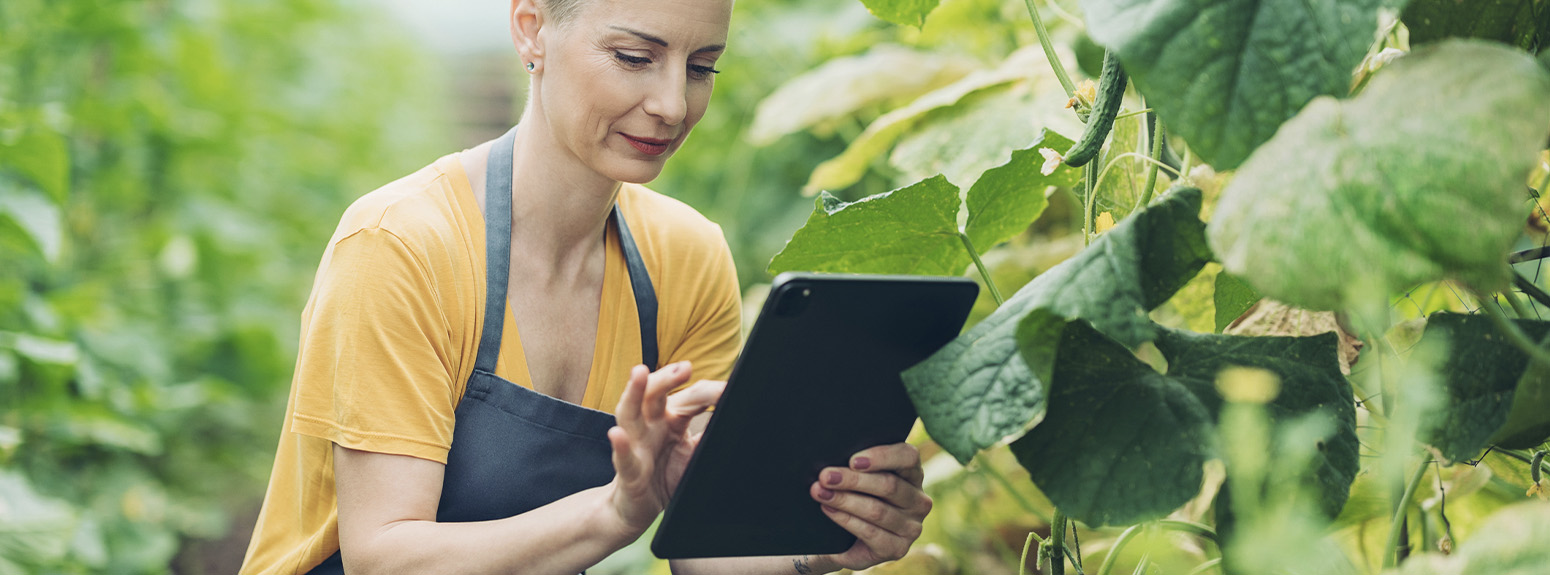
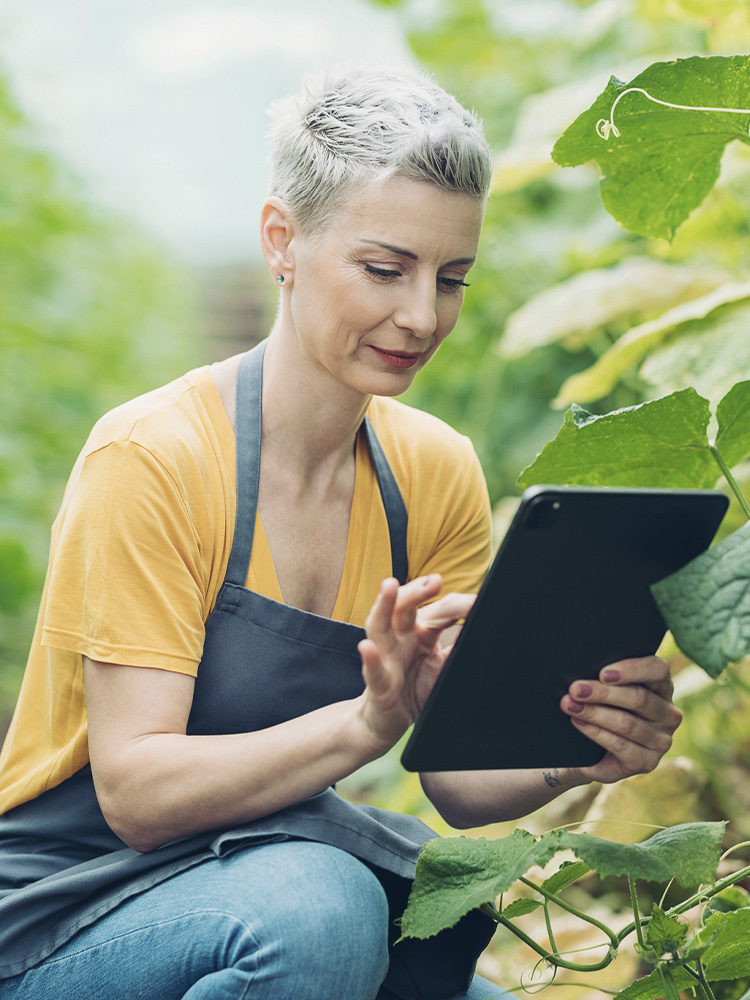
The global food production system is currently under unprecedented pressure, mainly due to ongoing climate change and growing demand resulting from the population growth. The main challenge for the sector, however, is not so much to increase production but to improve food production processes to ensure better management and traceability of food, reduce waste, make the supply chain more efficient and lean, and promoting sustainability.
As agriculture is a major cause of biodiversity loss, and accounts for one third of global greenhouse gas emissions1, It is now clear that food business operators have a crucial role to play in the process of mitigating climate change and safeguarding biodiversity.
In addition, the negative impact of applying linear models to the agrifood sector also has an economic impact. According to the FAO Report of 20232, between 1991 and 2021, it is estimated that environmental disasters caused losses in crops and livestock worth $ 3.8 trillion, corresponding to an average loss of USD 123 billion per year or 5% of the annual global agricultural GDP.
In addition, the agri-food chain is also facing the critical vulnerability of supply chains, which has been aggravated by the crisis caused by COVID-19 and the consequential restrictions that have followed.
Even before the pandemic, the supply chain of the agri-food chain suffered many problems such as lack of traceability, uncertainty about product safety and quality, inadequate communication between the parties, the increase in supply chain costs and the failure to detect and control inventory, both in warehouses and in stores.
The critical issues highlighted require the active involvement and contribution of all stakeholders: the legislator in stimulating and regulating more sustainable behaviour; the consumers in changing their habits towards greater awareness of their behaviour; the industrial sector in creating innovative and long-term profitable business models according to emerging regulatory indications and following the evolution of demand. Only a combination of these factors can produce lasting results, which will ensure prosperity and well-being without compromising the future of the planet.
Given these challenges, more and more companies and institutions are now redefining production processes towards a circular economy model that must take into account new trends and consumer wishes. According to a study by Deloitte3 published in 2022, four of the main trends in sustainable food consumption that will guide the world of food and orient the demand for it, will concern the following areas:
After the pandemic crisis, consumers are increasingly concerned about their health. Therefore, a third of Italians identify diet as a way to take care of their body and well-being, recognizing that nutrition has a value that goes beyond mere physiological needs, combining health and nutrition.
Due to the pace of life and work, the demand for snacks outside meals is increasing, especially for healthy ones such as vegetable and rice snacks, legumes, bread chips and dried fruits at the expense of foods rich of sugars and fats.
Alternatives to plant-based meat are expected to grow exponentially and alternative dairy products (rice, oats, soy) as a solution for eliminating animal foods and beverages are expected to increase in popularity.
Consumers are increasingly paying attention to product labels, to be aware of the origin of ingredients, preferring those that comply with environmental standards in terms of packaging and production techniques.
Among the actors involved in the supply chain, the consumer is therefore an active promoter of a radical change that explicitly calls for the adoption of sustainable models, forcing companies to change their production processes, starting with sustainable food packaging (where reuse models or choices of biobased materials are increasingly widespread) but also in the agricultural sector, upstream of the chain, In order to meet customer needs, more and more resource optimization and management methodologies are becoming common.
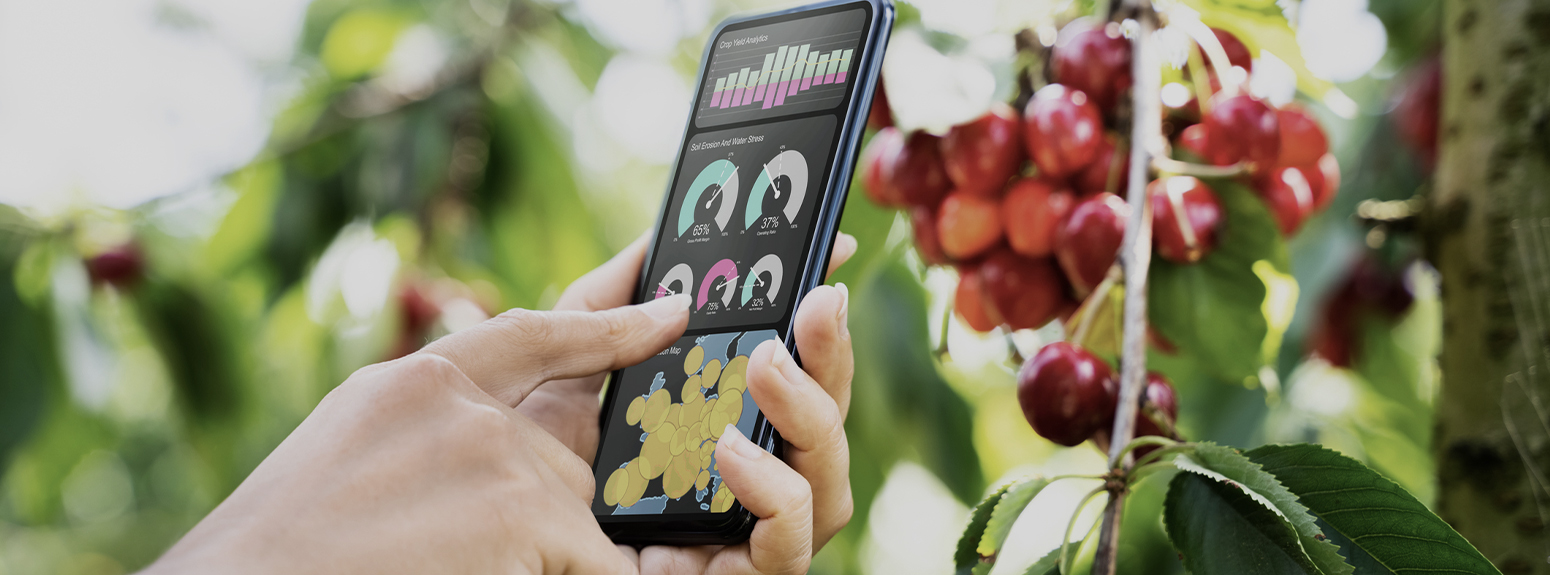
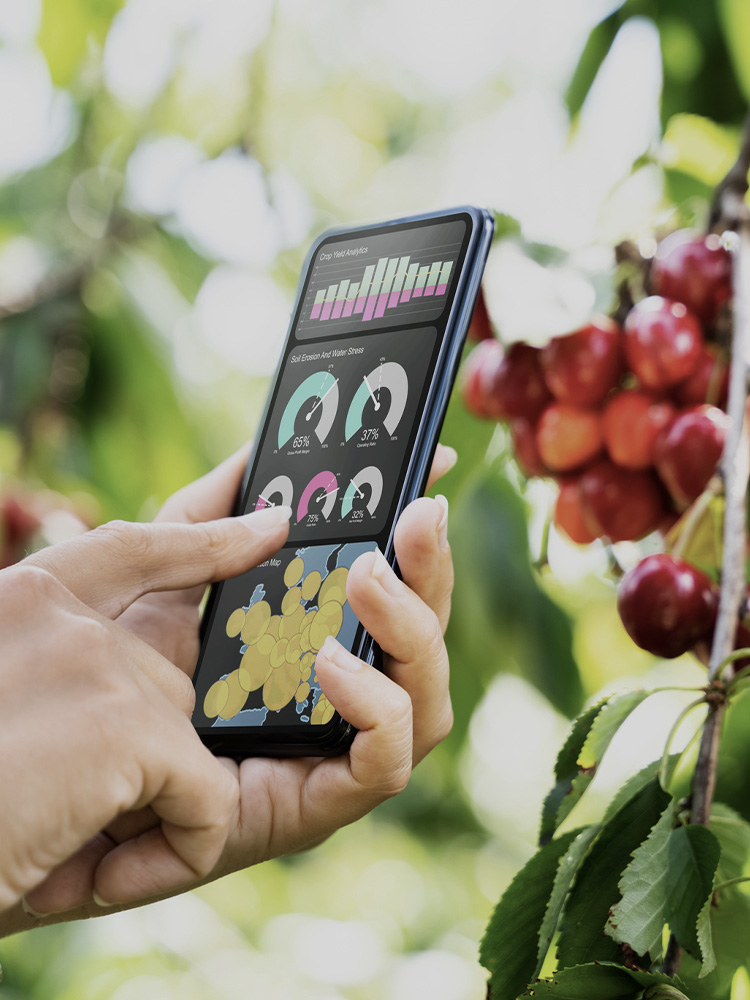
It is in this context that companies - which are required to demonstrate an ever-increasing degree of sustainability in order to meet the needs of their customers - have begun to certify their results with the aim of communicating and enhancing their sustainable and circular products.
There is currently no single standard for the certification of 360° sustainability in food products. However, there is a wide range of initiatives to certify the origin and cultivation methods of agricultural raw materials as well as the environmental impact of products throughout their life cycle, demonstrating the efforts of companies in this direction. Among the main sustainability certifications specific to different sectors (agriculture, fishing, livestock) we can include the following:
European acronym to make it easier for consumers to identify organic products and help farmers market them. The logo may only be used on products that meet strict conditions for production, processing, transport and storage, and may only be used on products containing at least 95% organic ingredients.
The MSC certification is the main international environmental sustainability certification scheme for fisheries. This is a voluntary certification, and is open to all companies involved in fishing. It is based on a sustainable fisheries standard and a traceability mechanism for fish products.
Masaf is an Italian brand that has been in force since 1 January 2023 and is awarded on the basis of quality production, animal welfare and environmental protection.
The circular economy in the agrifood sector has, among its consequences, to favor the transformation of agrifood towards the development of a regenerative agriculture by design, where the cultivation and harvesting phases are designed to generate nutrients and healthy food, optimizing the use of resources and preserving and regenerating the surrounding environment.
In this context, food production and processing systems adopt closed-loop logics, where all resources are used efficiently and the concept of waste gives way to that of "second raw material", with the waste itself becoming new resources recovered and valued as input in new production cycles (or in the biological cycle), returning to natural capital through biodegradation.
In this context, innovative technologies play a key role in accelerating the transition to circular economy practices in the food sector, Enabling the adoption of circular business models and strategies that would have been unthinkable until a few years ago. In the agri-food sector, in particular, technologies supporting circular patterns of sustainable food production and consumption are increasingly being used.
One of the fields most closely followed by technological research is the study of innovative materials which has led to the development of processes that allow biomass from agricultural waste to be recovered and transformed into new materials, as bioplastics applicable as sustainable and low environmental impact food packaging.
In the agricultural sector, we can count those technologies that allow circular practices to be adopted by optimizing the use of resources and increasing productivity. These include the use of innovative agricultural methods such as hydroponic and vertical farming - which require less soil and input resources -, and aquaponic crops that allow aquaculture waste to be reused as fertilizers.
In addition, food technologies and biotechnology provide innovative methods for the production of alternative foods to animal-derived ones, such as plant-based and insect-based proteins.
Other key technologies are those that exploit the aerobic and anaerobic capacity of microorganisms to transform agri-food by-products into energy products such as biogas. Similarly, technologies that use biochemical processes to extract high value-added molecules from agricultural by-products, making them inputs for the chemical, pharmaceutical, nutraceutical and cosmetic industries, represent another innovative frontier.
In addition, a key lever for circularity in the agri-food sector is offered by digital technologies, which, for example, collect and process Big Data through applications such as Artificial Intelligence, Machine Learning and the Internet of Things (IoT) to optimize productivity and reduce waste. There are more and more tools that enable the so-called Precision Agriculture: an intelligent production approach, which uses the integration of different digital technologies to optimize decision processes throughout all phases of production, thus increasing productivity and reducing waste.
Other digital technologies are increasingly being applied in the field of transparency and traceability of agri-food products. An example of this are systems that use blockchain technology to track the product along the supply chain and give products a digital identity. These models are essential to ensure a controlled and valued end of life of products, thus contributing to a more sustainable management of resources.
Finally, all digital platforms and product tracking apps that allow a direct link between the producer/distributor and the final consumer cannot be ignored, allowing the recovery and redistribution of unsold or near-expiry foods to prevent and reduce food waste.
In conclusion, the transition of the agri-food sector from a linear to a circular model is an essential response to current social and environmental challenges. In fact, agrifood is today at the center of significant transformations, driven by consumer attention to sustainable practices and growing pressure for transparency and social responsibility.
Companies are responding to these expectations by adopting environmental sustainability certifications that attest to their commitment to more responsible production, as well as transparent communication on the sustainability of their products.
Innovative technologies, from biotechnology to digital solutions, play a key role in enabling more efficient agricultural practices and sustainable and conscious food consumption models. The circular economy applied to the agri-food sector in this sense promotes a regenerative agriculture, where resources and materials are reused in closed cycles to reduce waste and respect the environment
On the topics of Circular Economy (CE) and Agrifood, Intesa Sanpaolo Innovation Center, in collaboration with the Ellen MacArthur Foundation, organized the workshop Regenerative Agriculture & Finance in Milan on November 26–27, 2024. The two-day event was held at the CE Lab headquarters in Milan and featured representatives from the Innovation Center and Intesa Sanpaolo.
Several companies, including Gucci, EIT Food, Simbiosi, and Climate Farmers, participated, sharing their experiences with Regenerative Agriculture.
Under the guidance of EMF professionals and using design thinking methodologies, participants learned how to develop a concrete value proposition to overcome the financial barriers currently hindering the adoption of Regenerative Agriculture by businesses.
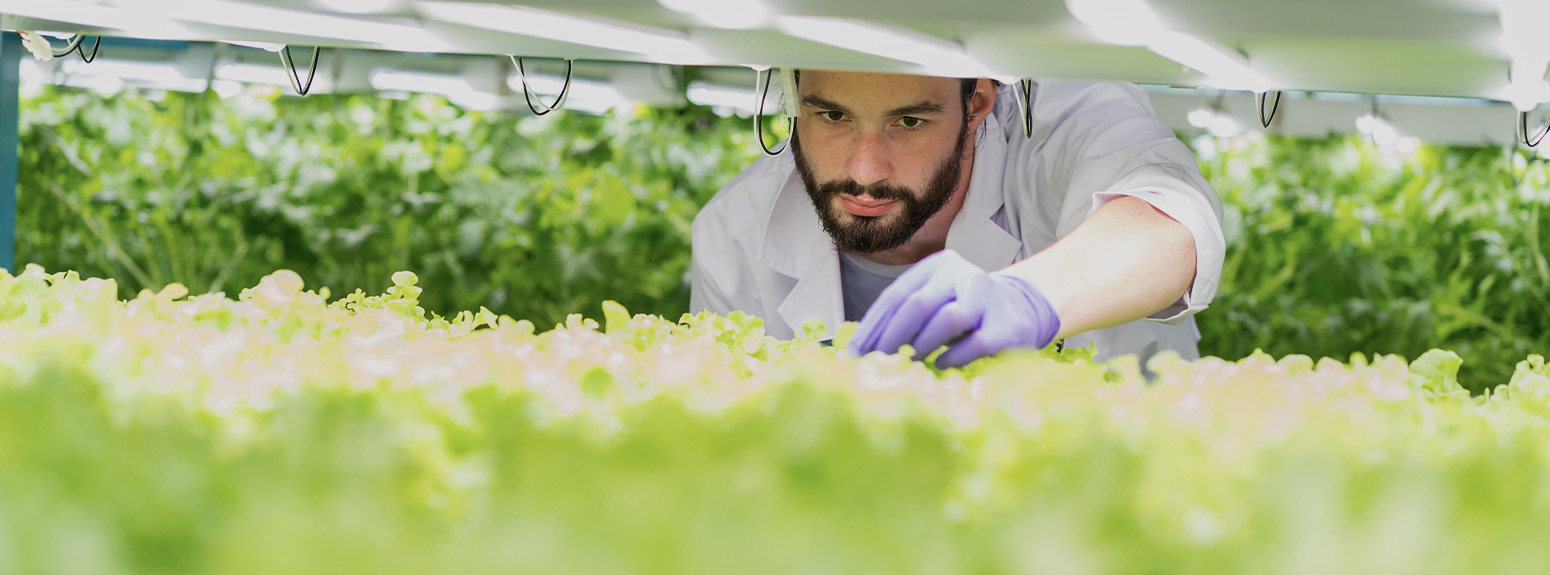
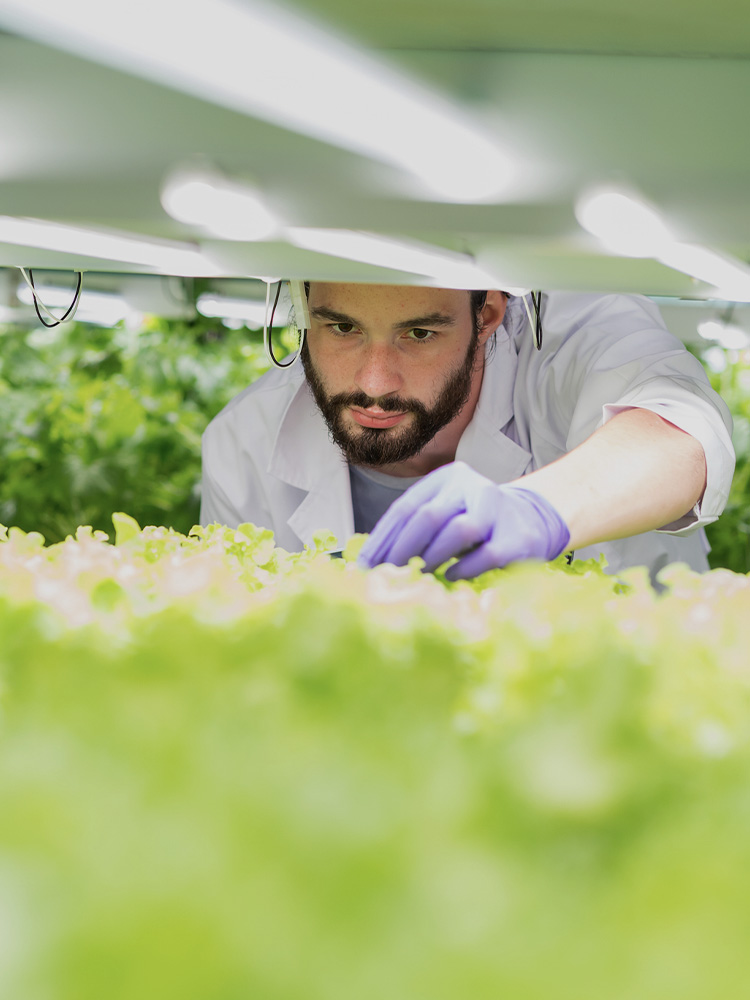
In conclusion, the transition of the agri-food sector from a linear to a circular model is an essential response to current social and environmental challenges. In fact, agrifood is today at the center of significant transformations, driven by consumer attention to sustainable practices and growing pressure for transparency and social responsibility.
Companies are responding to these expectations by adopting environmental sustainability certifications that attest to their commitment to more responsible production, as well as transparent communication on the sustainability of their products.
Innovative technologies, from biotechnology to digital solutions, play a key role in enabling more efficient agricultural practices and sustainable and conscious food consumption models. The circular economy applied to the agri-food sector in this sense promotes a regenerative agriculture, where resources and materials are reused in closed cycles to reduce waste and respect the environment
On the topics of Circular Economy (CE) and Agrifood, Intesa Sanpaolo Innovation Center, in collaboration with the Ellen MacArthur Foundation, organized the workshop Regenerative Agriculture & Finance in Milan on November 26–27, 2024. The two-day event was held at the CE Lab headquarters in Milan and featured representatives from the Innovation Center and Intesa Sanpaolo.
Several companies, including Gucci, EIT Food, Simbiosi, and Climate Farmers, participated, sharing their experiences with Regenerative Agriculture.
Under the guidance of EMF professionals and using design thinking methodologies, participants learned how to develop a concrete value proposition to overcome the financial barriers currently hindering the adoption of Regenerative Agriculture by businesses.
[1] Ellen MacArthur Foundation
[2] FAO
[3] Deloitte
Ti potrebbero interessare anche

L'economia circolare come chiave per la competitività
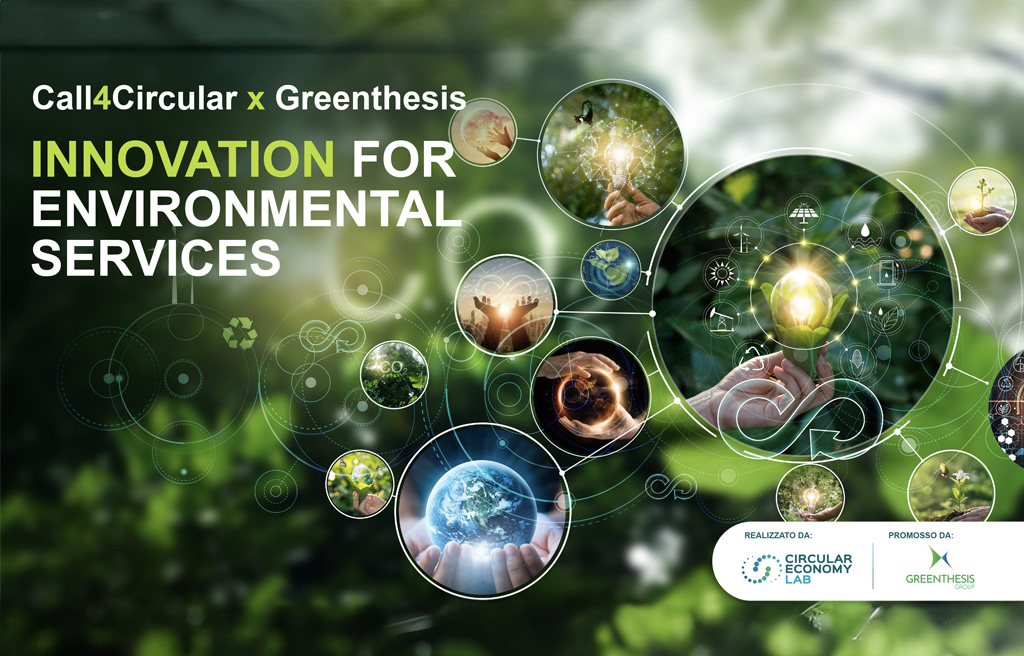
Il CE LAB ricerca startup e PMI per realizzare POCs con Greenthesis
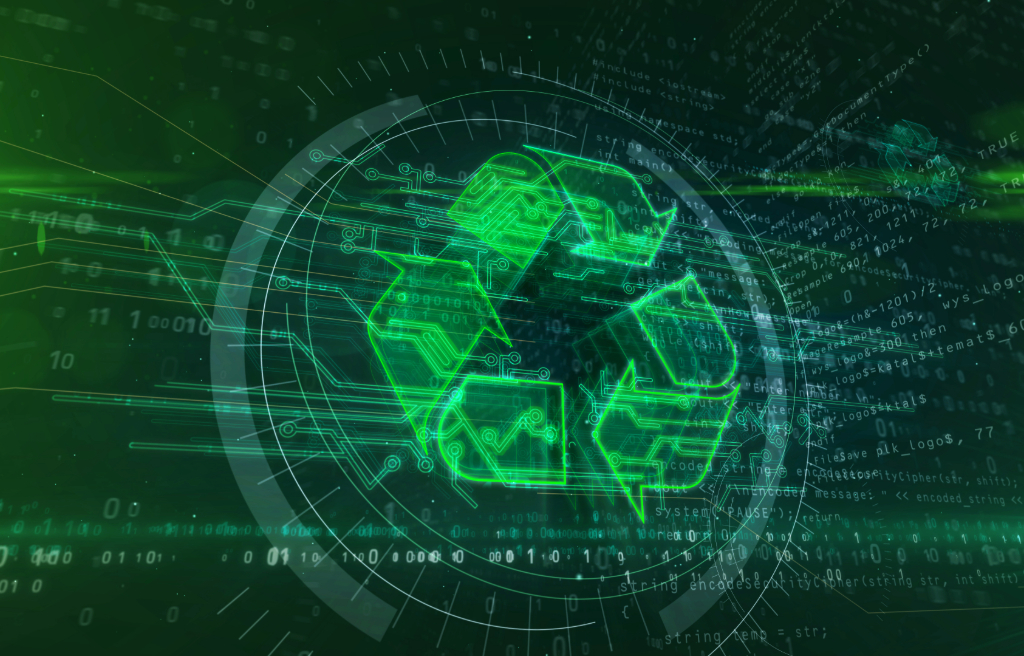
Le diverse applicazioni di AI e Machine Learning possono facilitare e accelerare la progettazione “circular”